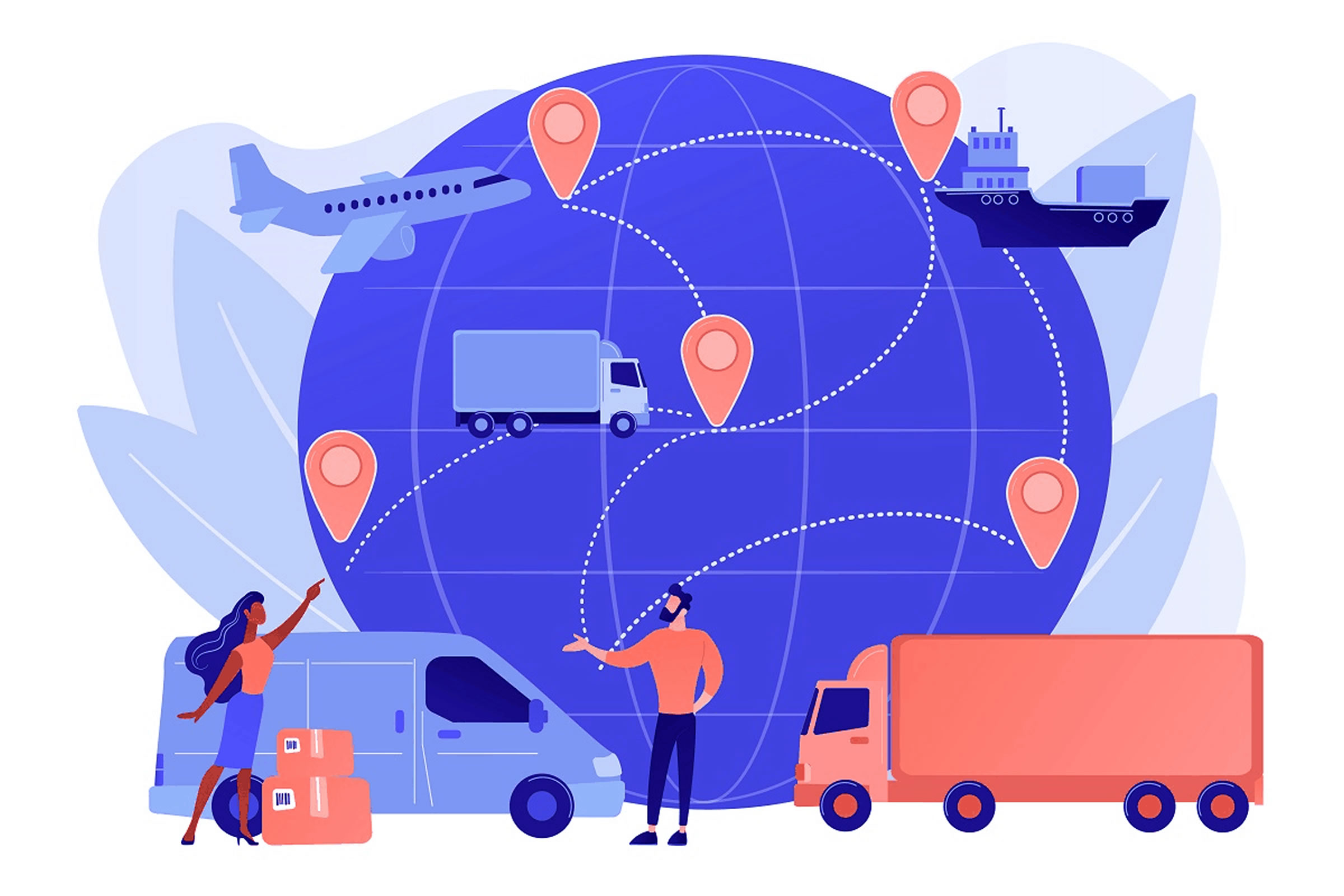In today’s dynamic business environment, effective logistics is more critical than ever. The fast pace of global commerce, coupled with consumer demand for faster and more transparent delivery options, has reshaped how companies approach their supply chain strategies. Businesses of all sizes, from start-ups to multinational corporations, are increasingly relying on advanced logistics technology to remain competitive and meet customer expectations. This shift has led to the growing importance of Third-Party Logistics (3PL) software, a tool designed to optimize logistics functions and help businesses streamline operations.
With logistics becoming a core competency, many companies are discovering that implementing 3PL software enables them to manage warehouses, track shipments, and offer real-time data for better decision-making. For businesses considering logistics technology, the use of 3PL software can bridge gaps in efficiency and customer service, ultimately driving long-term growth.
1. Why Businesses Need Logistics Technology
As globalization accelerates, businesses are tasked with handling increasingly complex logistics. Effective logistics technology has become a necessity rather than a luxury, transforming how goods are sourced, stored, and delivered. For companies managing large inventories or operating across multiple regions, the logistics process can be fraught with challenges. Delayed shipments, miscommunication with carriers, and lost or damaged goods all contribute to inefficiencies that can drive up costs and damage customer satisfaction.
Logistics technology, especially in the form of 3PL software, offers solutions to these issues. Businesses can leverage automation, analytics, and real-time tracking to monitor every step of their supply chain, ensuring that products reach customers as quickly and accurately as possible. By incorporating logistics technology, companies can streamline workflows, minimize human error, and reduce the risk of bottlenecks.
2. Benefits of 3PL Warehouse Management Software for Businesses
To truly optimize logistics, businesses are increasingly turning to 3PL warehouse management software. This specialized software enables companies to gain comprehensive visibility over their logistics operations, from inventory management to shipping and fulfillment. Through seamless integration with existing systems, 3PL warehouse management software offers a range of tools designed to reduce costs and improve operational efficiency.
One significant advantage of 3PL software is its ability to manage warehouse operations more effectively. Features such as order tracking, real-time inventory updates, and automated restocking alerts ensure that businesses can maintain optimal inventory levels. Additionally, advanced analytics within 3PL systems provide insights into customer purchasing trends, enabling businesses to anticipate demand and plan their logistics accordingly. For companies with large, complex supply chains, this software eliminates many of the logistical challenges associated with scaling operations.
3. Improved Customer Satisfaction and Transparency
A core benefit of integrating logistics technology is the enhanced customer satisfaction it brings. Today’s customers have come to expect visibility throughout the delivery process, from the moment an order is placed until it arrives on their doorstep. By implementing 3PL software, businesses can offer real-time shipment tracking, which enhances transparency and builds trust. When customers can track their orders and receive accurate delivery timelines, they feel more confident in the purchasing process.
Moreover, logistics technology also supports efficient returns and reverse logistics. With detailed tracking and automated updates, businesses can quickly process returns and refunds, which is critical in fostering customer loyalty. In fact, studies indicate that businesses providing efficient return options are more likely to see repeat business, as customers value the convenience and reliability associated with a streamlined logistics system.
4. Cost Efficiency and Operational Scalability
For many businesses, one of the most compelling reasons to adopt 3PL software is the potential for cost savings and scalability. Traditional logistics methods often come with high overheads, including labor costs, manual errors, and inefficient workflows. By automating logistics processes with 3PL software, businesses can reduce these expenses and focus resources on growth and innovation.
In addition to lowering costs, logistics technology enables companies to scale operations in line with demand. During peak periods, such as holidays or promotional events, businesses can rely on 3PL software to handle increased order volumes without sacrificing service quality. With automated order processing and predictive analytics, logistics software ensures that businesses can expand their operations smoothly, accommodating growth without compromising on speed or accuracy. This flexibility is invaluable for companies aiming to scale quickly and respond to shifts in market demand.
5. Future Trends: AI and IoT in 3PL Software
The logistics technology landscape continues to evolve, with Artificial Intelligence (AI) and the Internet of Things (IoT) leading the way. These innovations are poised to revolutionize 3PL software, creating new opportunities for businesses to enhance efficiency and deliver superior customer experiences. AI-powered 3PL systems are capable of predictive analysis, helping businesses forecast demand more accurately and manage inventory proactively. For example, AI can analyze seasonal trends or sudden market shifts, allowing businesses to adjust stock levels accordingly.
The IoT is also enhancing logistics technology by improving real-time tracking and monitoring. With IoT-enabled sensors on shipments and within warehouses, businesses gain visibility into their entire supply chain, from production to delivery. This interconnected system provides detailed information on factors like temperature, location, and handling conditions, which is particularly valuable for industries dealing with perishable goods. By adopting AI and IoT in 3PL software, businesses are not only improving operational efficiency but also future-proofing their logistics processes.
Conclusion
The importance of logistics technology in modern business cannot be overstated, as companies seek to meet consumer expectations while maintaining efficient and cost-effective operations. For businesses handling complex supply chains or striving to enhance customer satisfaction, 3PL software provides the tools needed to optimize logistics management. From reducing costs to increasing transparency, the benefits of logistics technology are clear.
As businesses look to the future, incorporating AI and IoT capabilities into 3PL software will become essential. By adopting cutting-edge logistics technology today, businesses are setting the stage for long-term success in a competitive global market.














